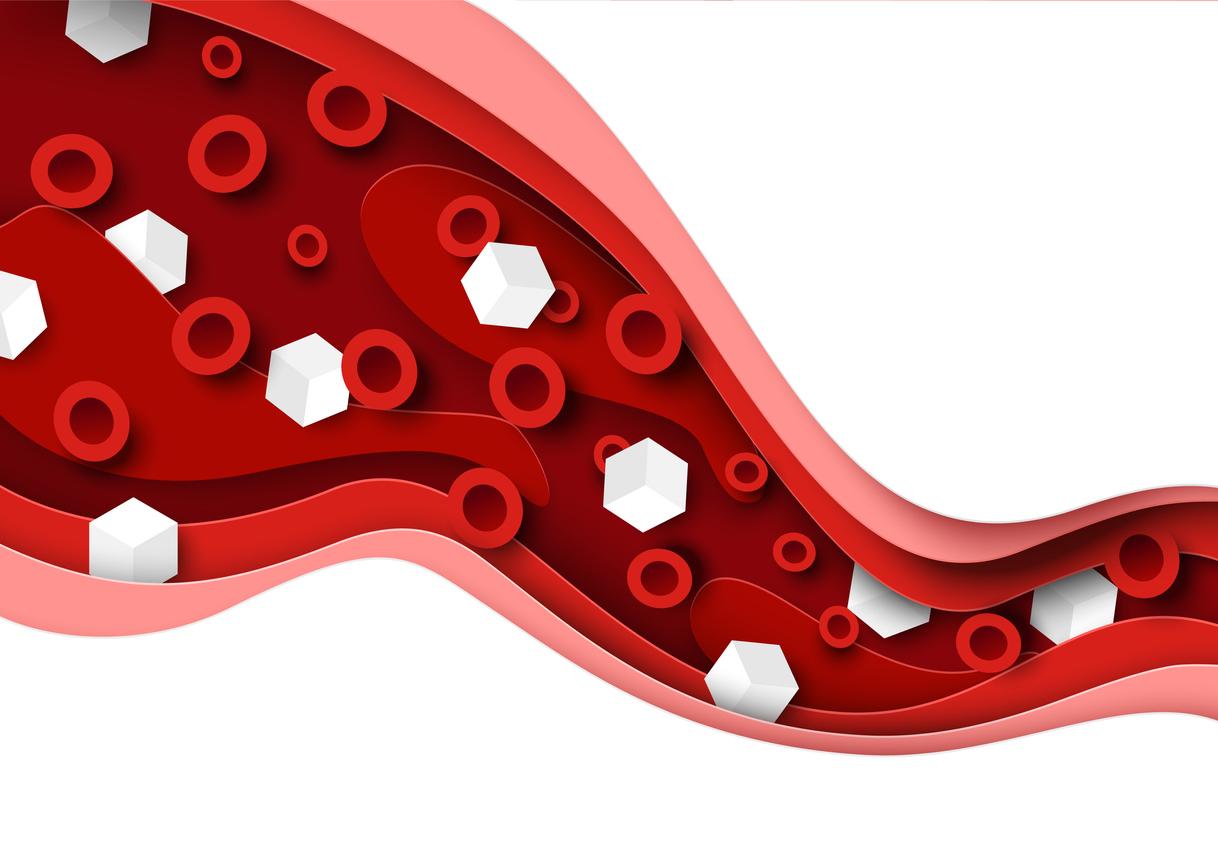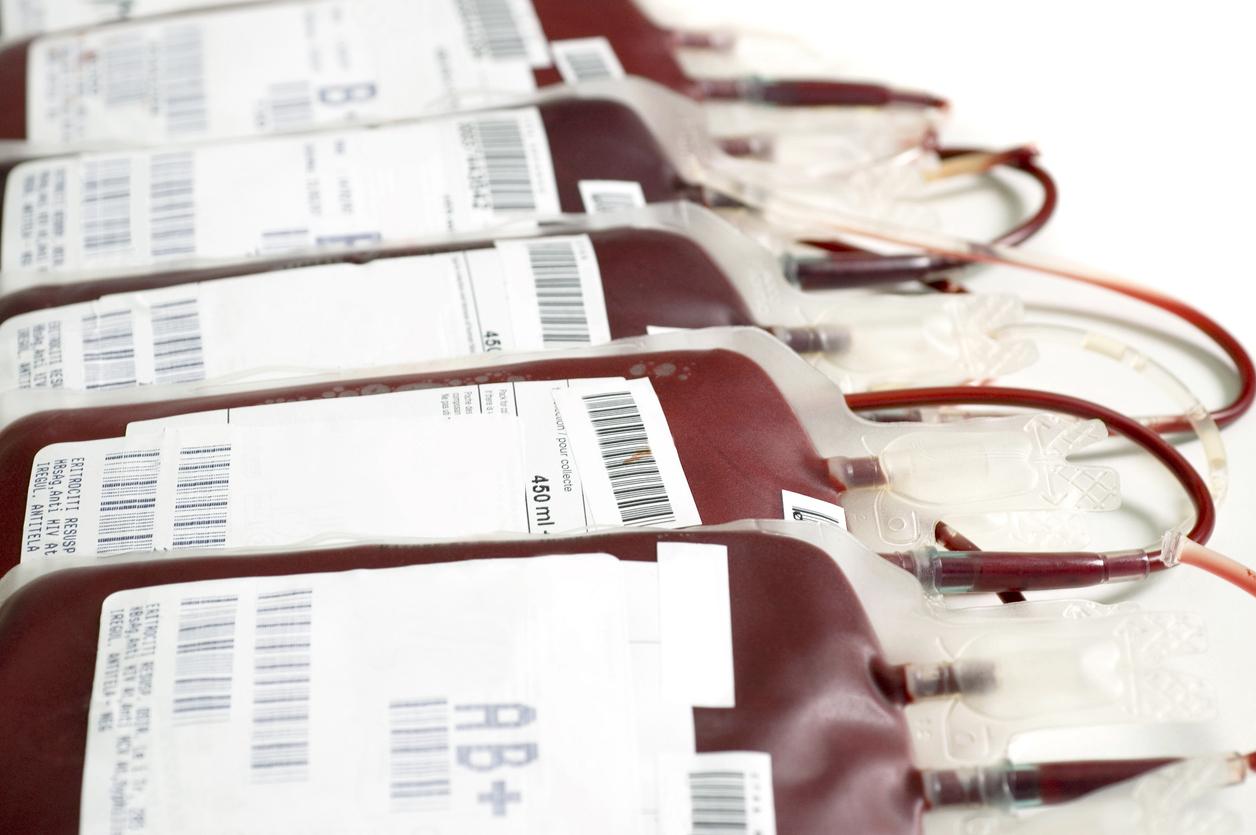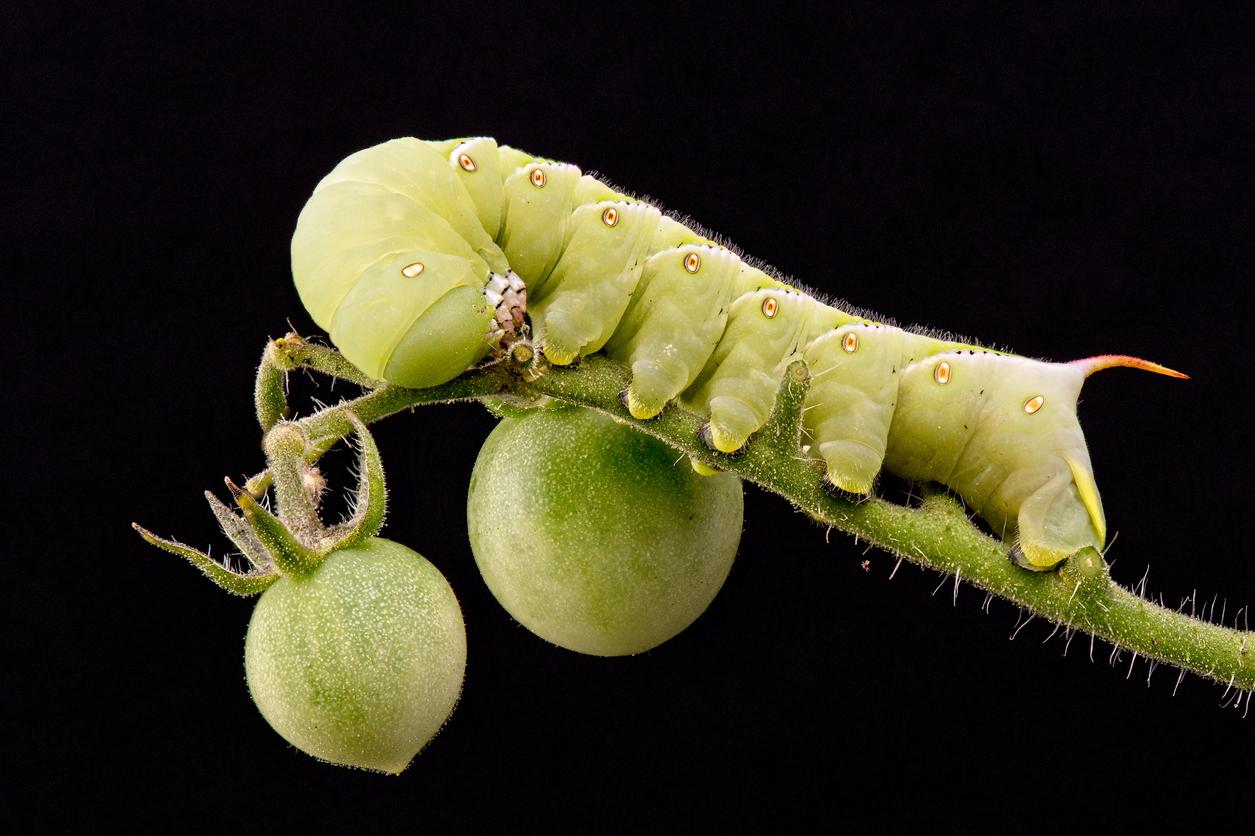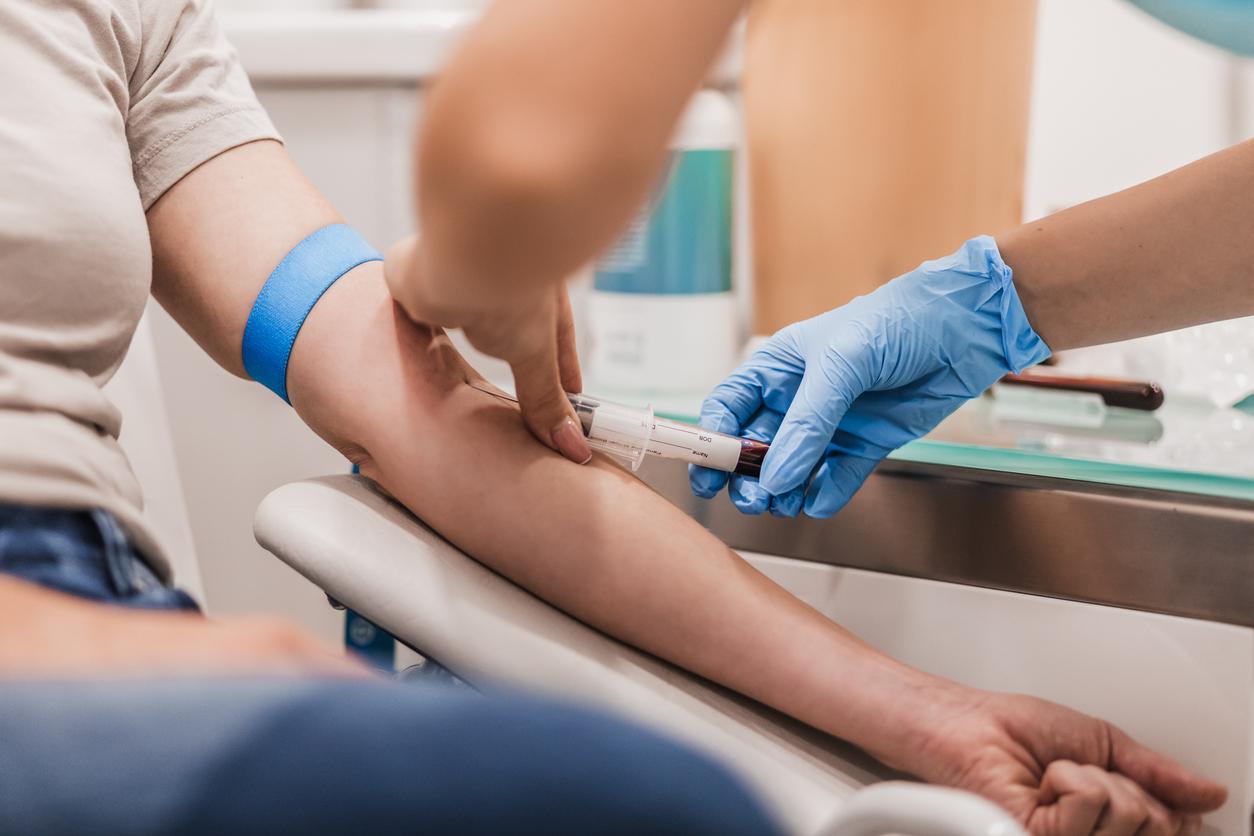I’erythritol is a sweetener: that is to say, it sweetens the taste, without the harmful effects of sugar. It does not increase insulin, does not cause cavities, is not caloric… And moreover, it is rather acclaimed compared to other sweeteners because it has fewer unpleasant digestive consequences. But now, according to a study published in review Natureit could promote blood clots when consumed in high doses.
Erythritol is a natural sweetener, it is found in very low doses in certain foods such as melon, pears, grapes, watermelon, soy sauce, miso, or in alcoholic beverages such as wine or mushrooms. It is used by diabetics, or for a diet, but not only: it is found in a large quantity ofprocessed foods on the market.
Activation of blood platelets and formation of blood clots
One of the study’s authors, Dr. Stanley Hazen, explains the starting point of their observation: very high levels of this molecule in the blood of many consumers, especially in diabetics and obese people. In addition, among those with the highest blood erythritol levels, the researchers point out that the risk of making stroke or to have a heart attack is multiplied by 2 over a period of 3 years of observation (compared to the group with the lowest rate). They also noticed that consuming a product rich in erythritol increased the level in the blood for several hours, even several days.
Erythritol, when consumed in large quantities, would activate the blood platelets, which would then be more reactive, and in greater quantity, thus promoting the formation of blood clots. According to the scientists, more studies are needed to understand the long-term impact of this sweetener.
This study is not the first to make the link between sweeteners and cardiovascular risk. Indeed, a recent Inserm study based on the NutriNet-Santé cohort, i.e. 100,000 French adults, had concluded that the consumption of sweeteners was associated with an increased risk of cardiovascular disease, and more specifically of cerebrovascular. Regarding the types of sweeteners, theaspartame was more closely associated with the risk of cerebrovascular disease and theacesulfame-K and sucralose at risk of coronary heart disease.
Source: The artificial sweetener erythritol and cardiovascular event risk, NatureMedicine, February 27, 2023.

















